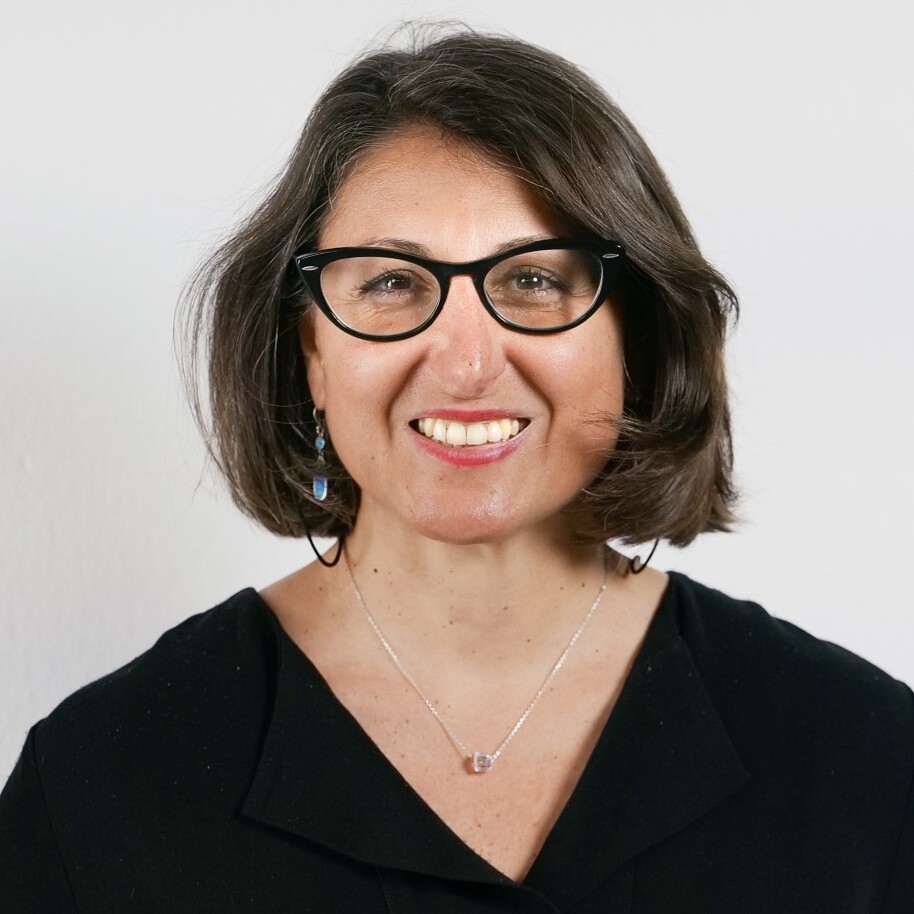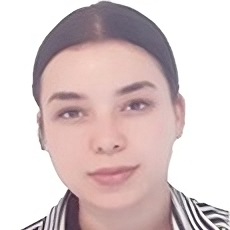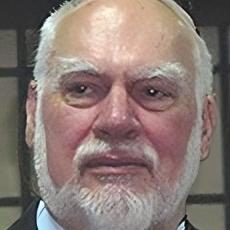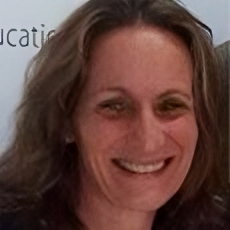Log in and enrol
Teaching and Learning in Multicultural Contexts
Teaching and Learning in Multicultural Contexts
Enhancing teachers’ intercultural skills and practices to foster global citizens and to fulfill the contribution of higher education to society.
Course description
The growth of human mobility together with globalization are shaping the demography of many societies and of many interactive contexts, including new ways of learning and of working modalities. Thus, the possibility to face intercultural relationships, even without moving, is today very frequent. And in the academic contexts, the internationalization of higher education makes the issue of teaching and learning in multicultural contexts, in presence or online, relevant and essential to be learnt and managed effectively.
This MOOC is composed of six weeks. It is addressed mainly to university’s teachers, with the aim to enhance their intercultural and global citizens skills and practices, thus that they can consciously foster their students’ same skills. This MOOC is also open to anyone who is willing to understand cultural diversity, thus to better co-live together and collaborate in multicultural contexts.
Total workload of the course: 18 hours
This MOOC is provided by Politecnico di Milano.
This MOOC is one of the outputs of “The Institutional and Academic Partnership with Somali National University (UNS 5)” project funded by the Italian Agency for Development Cooperation (AICS) the (No. AID 012327/01/0)
Funded by:

Intended Learning Outcomes
By actively participating in this MOOC, you will achieve different intended learning outcomes (ILOs).
Week 1
- Define what a multicultural teaching and learning context is
ESCO: apply intercultural teaching strategies - Recognise some of the main challenges that a teacher can face in multicultural classroom
ESCO: social and communication skills and competences - Describe how layers of cultural identity can influence interactions in multicultural contexts
ESCO: respect the diversity of cultural values and norms - Recognise how the use of English as lingua franca can impact on classroom interactions and on reciprocal perception in multicultural contexts and deal with them
- Identify and deal with conflicts and challenges caused by stereotyping and discrimination in multicultural classroom
ESCO: working with others
Week 2
- Explain what global citizens skills are and why they are needed
ESCO: work in an international environment - Engage with intercultural and global skills development
ESCO: build rapport with people from different cultural backgrounds - Explain what intercultural competence is and what are its components
ESCO: demonstrate intercultural competence - Analyze your intercultural competence development, through a practical exercise
ESCO: exercise self-reflection - Develop intercultural and global skills
Week 3
- Recognize the value of international exposure and explain how it can help teachers to develop the competence useful to teach in multicultural classroom
ESCO: guide international students - Explain the most common reasons for teacher’s lack of international exposure
ESCO: identify problems - Indicate possible solutions for teachers to internationalize their own career
- Explain how you, as a teacher, can go out from your comfort zone and search for diverse contexts even at home, thus to exercise and develop your intercultural and global skills
ESCO: have emotional intelligence
Week 4
- Describe the impact culture can have on your and other people’s perceptions, feelings and behaviors
- Explain how to use the DIE model to suspend judgements about diverse people and to take in consideration different cultural perspectives
ESCO: teach intercultural communication methods - Describe the differences between your and other people’s diversity experience
ESCO: show intercultural awareness - Indicate possible ways to become more interculturally sensitive and therefore interculturally competent
Week 5
- Recognise and describe how cultural value differences can impact on teaching and learning style
- Develop a positive attitude towards these differences in order to accept and value them without condemning or penalizing them
ESCO: respect cultural preferences - Describe cross-cultural dimensions frameworks with their strength and weaknesses and their applications in education contexts across cultures
- Identify and approach ethical dilemmas that can arise in multicultural teaching environments
ESCO: apply research ethics and scientific integrity principles in research activities ESCO: follow ethical code of conduct
Week 6
- Select and implement intercultural pedagogical practices and tools (including ethical game design, content, and dynamics) into classroom’s didactic
ESCO: conduct educational activities - Explain how these can support the students’ learning process and the development of their intercultural and global citizens’ skills
ESCO: social and communication skills and competences - Describe how to leverage classroom diversity for developing intercultural competences
ESCO: teaching and training - Use activities aimed at helping students to learn from each other how our culture influences our worldviews and how we can bridge those differences through intercultural dialogue
ESCO: develop cultural activities
Prerequisites
No prerequisite knowledge is required for this course.
Activities
Over and above consulting the content, in the form of videos and other web-based resources, you will have the opportunity to discuss course topics and to share ideas with your peers in the Forum of this MOOC.
Section outline
-
-
-
-
-
-
-
-
-
-
Bibliography Page
-
Assessment
Your final grade for the course will be based on the results of your answers to the assessed quizzes. You have an unlimited number of attempts at each quiz, but you must wait 15 minutes before you can try again. You will have successfully completed the course if you score a total of 60% (or higher) in each of the assessed quizzes.
The maximum score possible for each quiz is given at the beginning of the quiz. You can view your score in the quiz on your last attempt or on the 'Grades' page.
Certificate
You can achieve a certificate in the form of an Open Badge for this course, if you obtain, at least, 60% of the total score in the graded quizzes and by filling in the final survey.
Once you have completed the required tasks, you will be able to access ‘Get the Open Badge’ and start issuing the badge. Instructions on how to access the badge will be sent to your e-mail address.
The Badge does not confer any academic credit, grade or degree.
Information about fees and access to materials
You can access the course completely online and absolutely free of charge.
Course faculty

Maura Di Mauro
Teacher
Intercultural, Diversity & Inclusion and Sustainability Trainer and Consultant. She is a GDEIB Assessor and Practitioner and one of the (ICC) Intercultural Cities Network’s expert Consultant. She is lecturer of Intercultural Management at Università Cattolica del Sacro Cuore and other universities. She is involved in international research activity on topics of her interested; and in teachers’ intercultural training programs, for embracing intercultural educational practices and for the internationalization of higher education.

Amna ben Amara
Teacher
Graduate school doctoral candidate at the Faculty of Arts and Humanities of Sousse, Tunisia. Senior researcher at George Simons International.

Idongesit Williams
Teacher
Lecturer with the Centre for Communication, Media and Information Technologies (CMI) located at Aalborg University Copenhagen.

Claudia Issa
Teacher
Diversity & Inclusion, Cultural Competence, Psychological Safety, and Emotional Wellbeing.

George Simons
Teacher
Founder of diversophy® games for developing intercultural competence in in person and virtual training environments.

Grazia Ghellini
Teacher
Lecturer in Intercultural Business Ethics at Montpellier Business School and the University of Minnesota.

Tito Caffi
Teacher
Associate Professor in Plant pathology, Università Cattolica del Sacro Cuore.

Eithne Knappitsch
Teacher
Professor of Intercultural Management at the University of Applied Sciences Carinthia, Co-founder of Global Case Study Challenge.

Barbara Covarrubias Venegas
Teacher
New Ways of Working & Learning Expert, Co-founder of Global Case Study Challenge.
Contact details
If you have any enquiries about the course or if you need technical assistance please contact pok@polimi.it. For further information, see FAQ page.